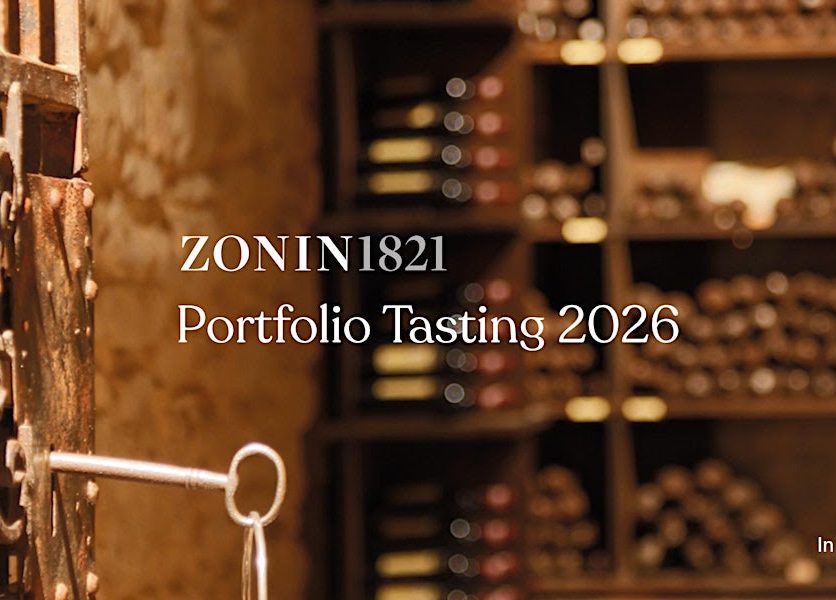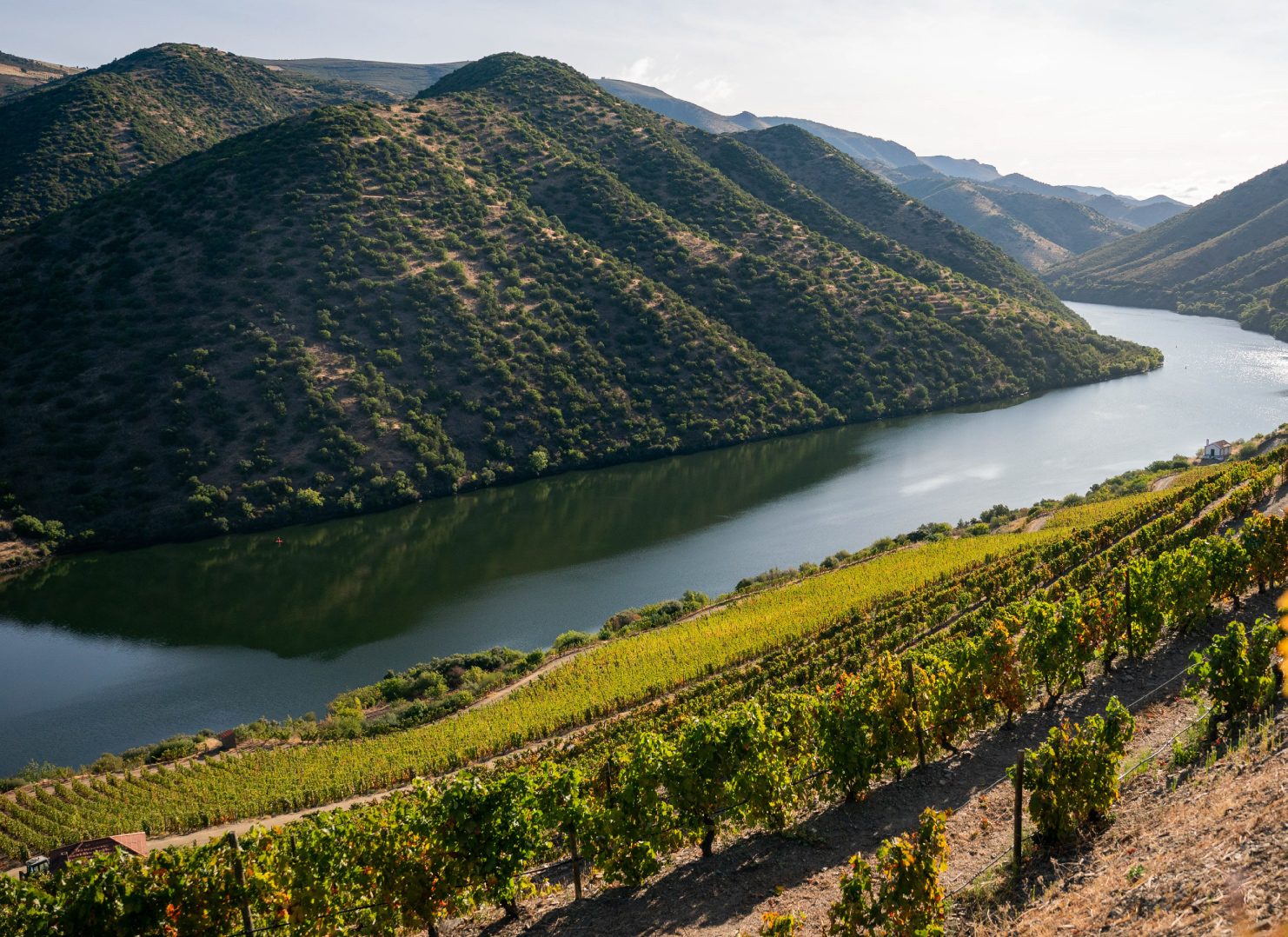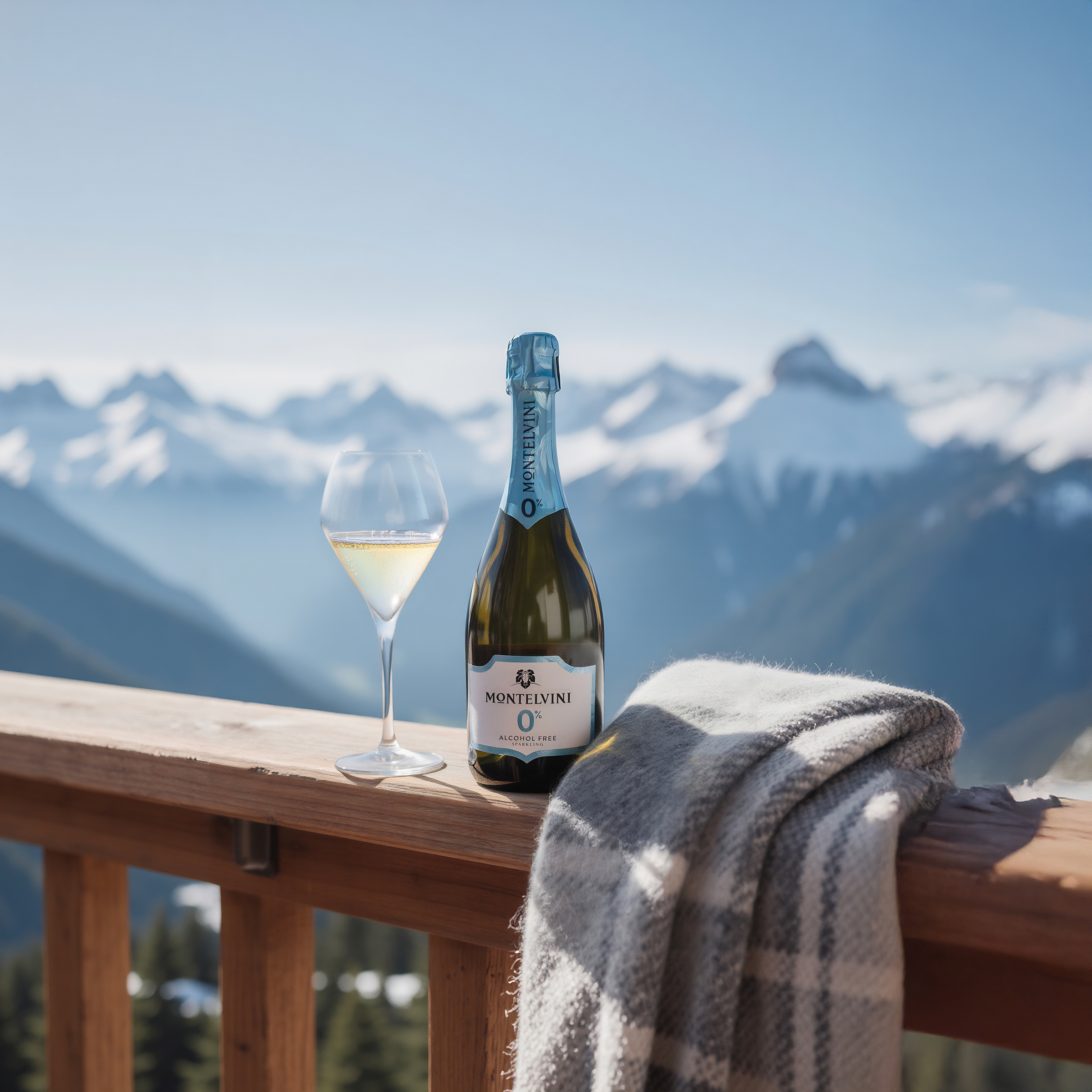Might as well be selling washing machines
Ben Kennedy wonders whether selling Bordeaux is not so much about the wine any more, it’s about the price, the promotion, and the next deal.
Back out in the vines this week to follow the progress of the harvest. Plenty of pragmatism, “We’ve done the best we could” sort of thing, as the picking drew to an end under covered skies and occasional showers. Those who could allow themselves the luxury of leaving less-than-perfect fruit on the ground for the starlings to peck at will be able to report pretty, attractive free-run juice with plenty of freshness, but drastically reduced quantities. For those lower down the food chain, though, things are tough.
I have seen one or two familiar faces while wandering the vineyards; these were not négociants, but rather acquaintances who make a living from wine tourism, still almost a taboo subject amongst the classified growths of Bordeaux. This raises two questions for me: do the Bordeaux traders not care enough to come out and take a look at the genesis of their next en primeur campaign; and why does Bordeaux still welcome so few of the millions of passionate wine-lovers who keep the machine turning?
One of my friends has recently taken a first tour to Rioja, where she found the quality and the warmth of the reception so utterly different from on her home turf. Welcomed in person by the owner or head œnologist at every property, she was invariably treated to an unforgettable experience, and her clients were also able buy the wines they tasted on-site. Makes perfect sense if you ask me, after all, who’s funding these smart new wineries and museums if it’s not the consumer? So why, when Bordeaux city hall and the region’s wine councils are investing over €60m in a world-beating, cutting edge “City of Wine Civilisations”, set to open in 2016, is it still so hard to get into to visit the top châteaux?
This afternoon I spoke briefly to the owner of a Cru Bourgeois property whom I met at a friend’s recital and I had assumed would be very much for the idea of welcoming visitors, partly due to the fact that a couple of years ago my wife and I took the kids for a fun night in a tree house on his estate, and I wanted to express my support for his progressive attitude. Perhaps I shouldn’t have been too surprised to get the dismissive “nothing-to-do-with-me” response, adding that he’d let some woodland to a lady for the venture and was not at all happy with the outcome. I explained that I was a négociant and moved on from the concert, with his card in my hand and the disharmony of “Get orf my land!” and “You must come and taste my wine, any time that suits you” ringing in my ears.
And so to the ‘lesser-spotted négociant’, a creature rarely seen beyond the city’s rocade ring-road, unless moving en masse in response to an embossed invitation to a lunch or dinner. Certainly, I haven’t seen many in the vineyards recently. There are undoubtedly two halves to the Bordeaux place: the grands crus crowd, and the rest. Those who deal in the top labels have been living through lean times these last few years, and in a market where everybody is offering the same products (excuse the vulgar term, but that’s what it boils down to here) in the same vintages, there are only two ways to sell: by having the best relationship with your customer, or by being the cheapest.
Now as a UK wine buyer before I came out here, I have an unashamedly Anglo-Saxon view of how the Bordeaux place regards relationship building. We and the Americans both feel hard done by at the gradual gnawing-away of our allocations over the years, which have been diverted to satisfy each new market that has popped up: Hong Kong, Russia, China, etc., with scant respect for the entente cordiale that resulted from our buying lakes of claret in every vintage since Eleanor of Aquitaine.
In return we are accused of being fickle for preferring not to buy as much in certain years when the wine is not good enough or the price is too high. (How dare we?!, I hear you cry…) So our wine goes to new customers in the hope that they will prove more loyal, more rewarding. But these hopes have been in vain and we have seen each of these markets effervesce for a few years and then boil over. So now the bordelais have cut off their nose to spite their face and are left dangling between the begrudging old customers and the unreliable new ones, their relationship-building efforts in need of a serious rethink. And now that leaves most of them with only one way to sell their wines: by being the cheapest.
Partner Content
So to come back to my point: why do you never see a négociant out in the vines? Because it’s so not about the wine any more, it’s about the price, and the promotion, and the next deal. In a business which has so long been regarded as passionate and product-centred, they might as well, to quote a former employer of mine, be selling washing machines.
The “City of Wine Civilisations” is hoping to welcome 425,000 visitors per year when it opens in two years’ time, 70% of whom will be foreign tourists. The museum does slightly invite comments, like ”Why is it in the shape of a golf wood?”, and “How could anybody possibly see a single vine from the panoramic roof terrace in the heart of the city’s dockland?”, but it is a bold project that merits attention.
Listen to its President, Sylvie Cazes, for just a moment and you’ll be impressed by the enormous spaces, the interactive technology it’ll house and the range of conferences and programmes that it will offer to trade and consumers alike. What worries me is whether the concept of wine tourism, the simple idea of opening your doors to welcome those who pay your salary, will filter out into the vineyards; whether in two years’ time there will be any more than the current meagre handful of vignerons who understand the importance of building relationships with the outside world and, instead of the habitual Gallic shrug and a fermé sign will respond with a hearty bienvenu.
Ben Kennedy
info@rivegauchewines.com
Tel: +33 (0) 5 56 57 18 65
Twitter: @thewinebuffer
Facebook: Rive Gauche Wines
Rive Gauche Wines is a Bordeaux négociant which offers a range of wines for everyday drinking as well as Crus Classés and other Fine Wines. The company was established in 2011 by Ben Kennedy, formerly Bordeaux buyer for a leading St James’s merchant. The wines on our list are hand-picked on the key criteria of quality and value-for-money, and include numerous undiscovered gems that are exclusive to Rive Gauche.





Dear Ben,
I am glad to read those lines, because I think wine is a product that needs to be shared and explained. This is why as wine producers have to open doors. In the South of France there are many small “vignerons” who are still welcoming you personally to taste their wines and for free! It is part of the tradition which got forgotten. For this reason and also because you can find very good value for money there, I encourage every wine lover to come and to also visit this underestimated part of France.